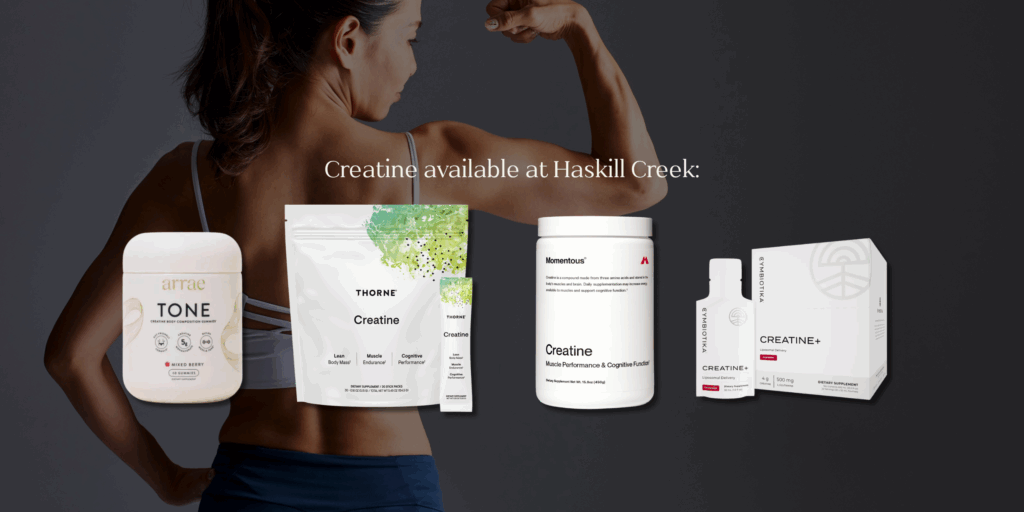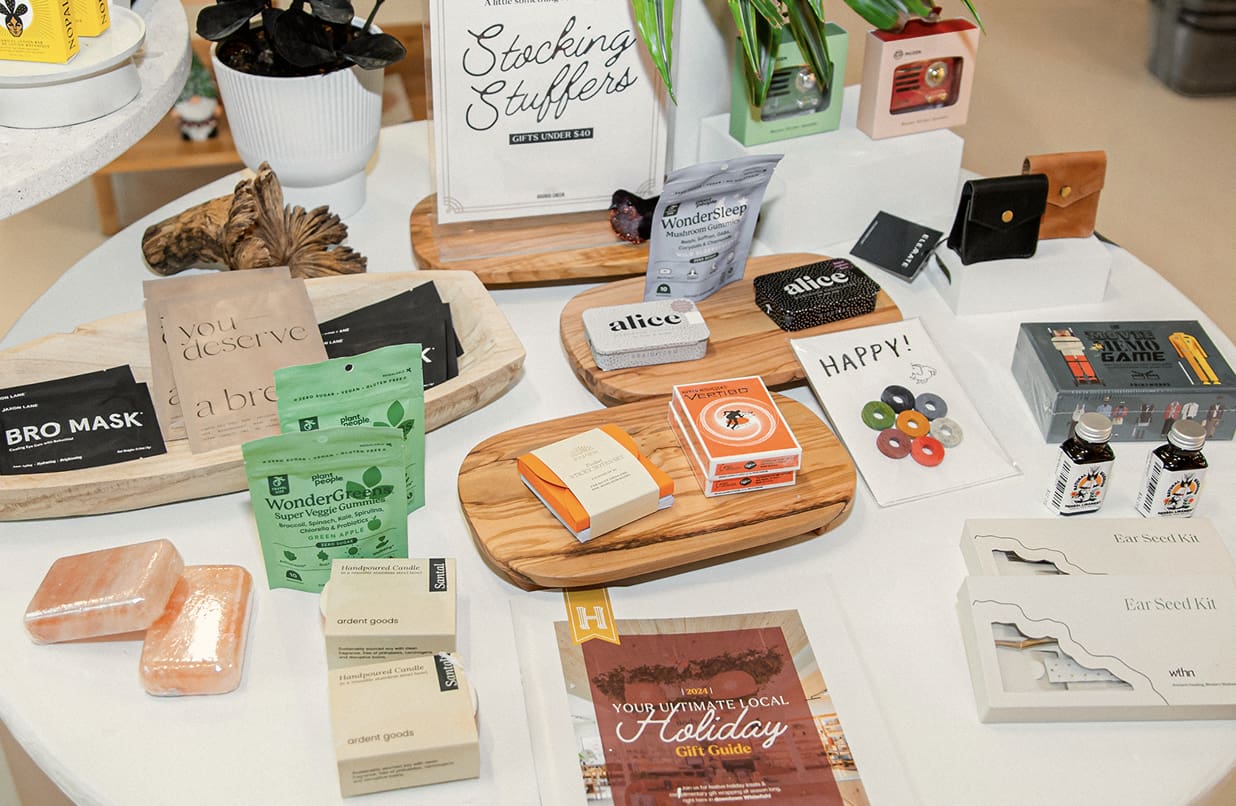Your Bag

What’s the first thing that comes to mind when you think of creatine? If it’s muscle-clad gym bros chasing bulk, you’re not alone. But the truth is, creatine’s benefits are far more nuanced. Beyond the weight rack, creatine fuels everything from brainpower to cellular energy. It’s a compound our bodies naturally produce — quietly running countless processes behind the scenes. Let’s unpack this well-studied nutrient and explore its full potential — and why it deserves a rightful place in the modern wellness conversation.
Creatine is a natural compound your body synthesizes from amino acids—the same building blocks that make up protein. Approximately half of your daily creatine needs are produced internally, while the remainder typically comes from dietary sources like red meat and fish, or from supplements. Most creatine (around 95%) is stored in your muscles to support quick energy needs, but smaller amounts are also found in the brain, heart, and reproductive tissues.[1]
However, creatine levels can vary based on diet and sex:
Simply put: Everyone’s creatine needs are a little different — influenced by what you eat, your sex, and where you are in life.
Creatine helps your cells maintain a steady supply of ATP — the body’s primary energy currency. By replenishing these reserves, creatine allows muscles and other tissues to access quick, efficient energy when they need it most. While this is often highlighted in sports, the same principle applies to everyday life: from powering through a busy day to supporting brain function and overall cellular energy.
Creatine may also support recovery and resilience, helping the body repair after physical stress, ease fatigue, and even assist healing during periods of injury or strain. [4]
The brain uses large amounts of ATP (the body’s cellular energy currency) to keep us thinking, focusing, and functioning. Creatine supplementation helps ensure these energy reserves are topped up, supporting short-term memory, attention, and information processing, especially during periods of stress or sleep deprivation.[1]
Beyond everyday cognition, creatine also appears to have neuroprotective benefits. Research shows it may support brain health in conditions such as depression, Parkinson’s disease, traumatic brain injury (TBI), concussions, and even stroke, helping cells withstand injury and recover more effectively.[5]
Overall, current evidence suggests that creatine monohydrate supplementation may help maintain mental sharpness, reduce fatigue, and enhance overall cognitive performance, making it a valuable tool not just for athletes, but for anyone looking to support brain vitality and resilience.
As we age, our bodies naturally lose muscle mass and strength — a condition known as sarcopenia. This gradual decline is one reason older adults often feel weaker, move slower, and face a higher risk of falls and fractures. Resistance training is one of the best tools we have to slow this process, but research shows that creatine can play an important supporting role.
Research suggests creatine may help:
Altogether, creatine stands out as a gentle yet powerful tool for promoting vitality, confidence, and independence — both in body and mind. [6][7]
By now, it’s clear that creatine is about far more than building bulk at the gym — so we can put that myth to rest. But there are still a few other misconceptions floating around that are worth clearing up. Let’s separate fact from fiction:
Truth: Creatine is one of the most well-studied supplements available, with decades of research behind it. When taken at recommended doses, it’s considered safe for healthy individuals and does not harm the kidneys, liver, or muscles.
Truth: Creatine shifts water into your muscle cells — but this isn’t dehydration. In fact, it can actually help your body use water more effectively. Staying well hydrated simply helps your body adjust.
Truth: Some people notice a bit of water retention at first, especially if they start with high “loading” doses. This is usually temporary. Starting with a smaller daily dose can minimize bloating.
Truth: Loading (taking high doses for a week) can help you feel the effects faster, but it’s not required. Consistent daily intake works just as well over time. And while pairing creatine with carbs can slightly improve absorption, you don’t need large amounts of sugar for it to work.
I think we’ve established that creatine isn’t just for athletes — it’s for anyone looking to support energy, recovery, and overall wellness. At Haskill Creek, we’ve made it simple to get started with high-quality options:

With an option for everyone, you can start feeling the benefits of creatine today — at any stage of life.

Join to get the Haskill Newsletter and be the first to learn about new products, events, and other goings-on at Haskill Creek!
